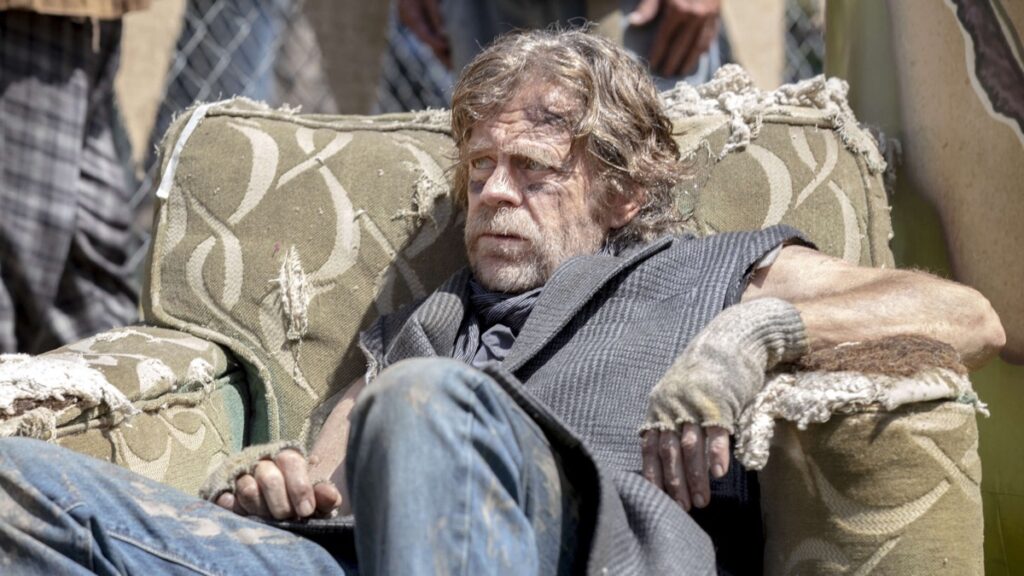Belgium is bracing for widespread disruption across sectors including public transport and schools this week as unions hold a three-day national strike.
The action was called in response to Prime Minister Bart De Wever's attempts to shrink Belgium's debt by changing labour laws and reforming unemployment benefits and pensions.
Teachers, medical staff and rubbish collectors will all be joining the rolling industrial action which is set to end in a general strike on Wednesday.
Eurostar is among organisations warning of potential disruption, while the two main airports have advised customers that all departure flights will be cancelled on Wednesday.
The country had already been hit by several strikes since de Wever, a Flemish nationalist, came to office in February at the head of a centre-right coalition government aiming to cut the budget deficit.
Early on Monday, his government reached a budget agreement which he said was the only way to guarantee the sustainability of Belgium's welfare state.
The country's budget deficit stood at 4.5% of GDP at the end of last year with debt at 104.7% of GDP.
EU budget rules stipulate that member states should keep their budget deficit below 3% and debt beneath 60% to maintain sound public finances.
This week's industrial action is meant to unfold in three stages, AFP news agency notes:
- Trains and other public transport went on strike on Monday, with national railroad company SNCB expecting to run one or two out of three trains, and several Eurostar services linking Brussels to Paris cancelled.
- On Tuesday, public services such as schools, creches and hospitals join in.
- On Wednesday a full general strike covers all categories including the two main airports, Bruxelles-Zaventem and Charleroi.
Warning of the effect of the strike action in Belgium, Eurostar reported that some of its other international services had suffered delays as a result.
Defending the action, general workers union FGTB said a demonstration in Brussels two weeks ago had been met with total silence from the government.
Fair pensions is a core issue cited by the unions while other demands include a fair wealth tax, a tax on digital activities for tech giants and the transparent screening of subsidies to companies.
A day of action against violence against women separately took place on Sunday which the FGTB said formed part of the current action.
Bruxelles-Zaventem airport has said it expects major disruptions to operations on Wednesday with all departure flights cancelled and some cancellations also possible for incoming flights.
The airport said that staff from their security and handling service provider were expected to be participating in the national industrial action.
Charleroi airport has similarly said it will not be able to operate either scheduled departures or arrivals on the day of the general strike - as it also warned passengers of potential disruption on public service networks throughout the strike period.
The City of Brussels has warned of disrupted services on its public transport links throughout the three days of action while transport company, De Lijn, which operates in Flanders has advised there will be fewer bus and tram services.





















